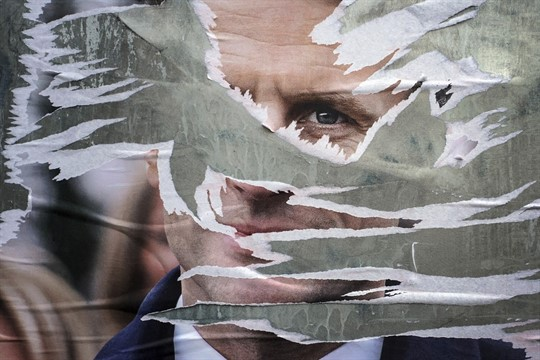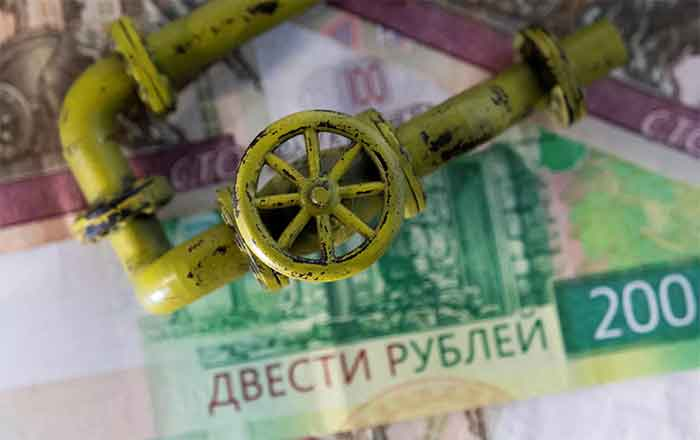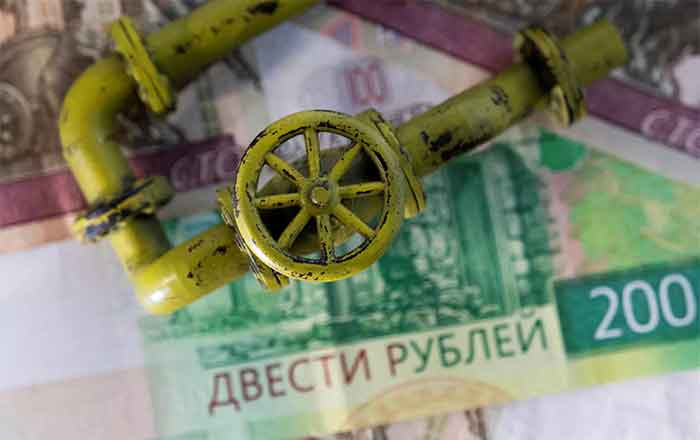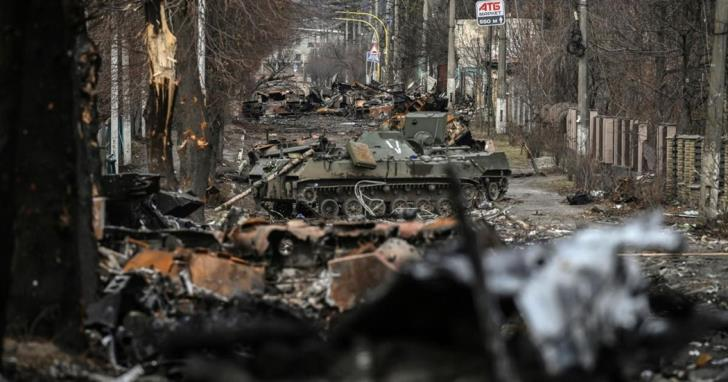Two Routes To Lower Inflation – Analysis
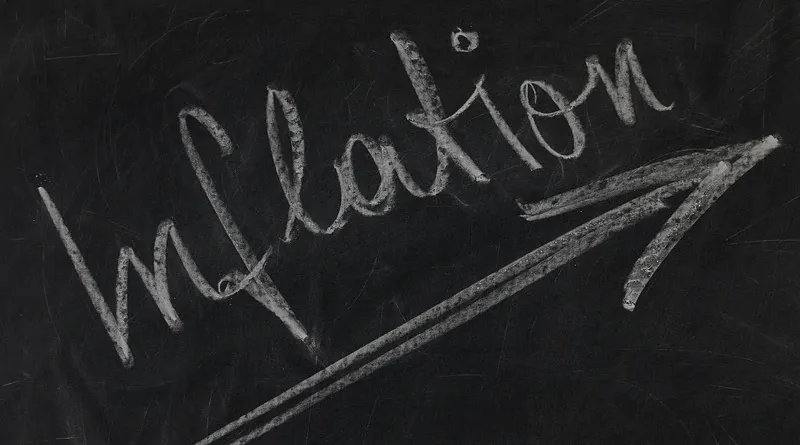
Inflation has stayed higher longer than I expected. I got that one wrong. I am happy to acknowledge my mistake, but I also want to know the reason why. This is not a question of finding excuses, I want to know why the economy is acting differently than I thought it would.

